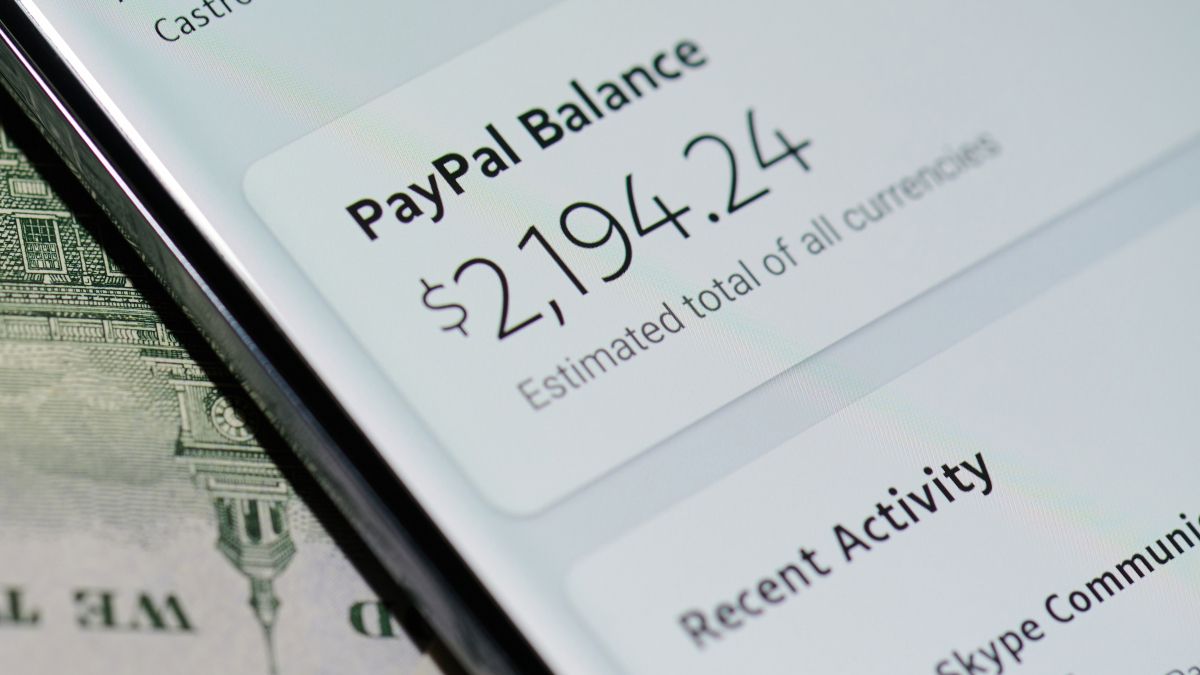Key Takeaways
- Accounts are hacked and financial scams arise disguised as investment opportunities.
- Fake bank screenshots are common and easily created to lure victims into a fraud scheme.
- AI technology could exacerbate the problem by creating compelling testimonial videos that promote scams.
Over the past few months, I’ve noticed a disturbing trend in my Facebook feed: people I know in real life are recommending various highly questionable “investment” opportunities with “proof” of huge profits they’ve received. Needless to say, don’t fall for it.
Facebook account hacked
Hacking Facebook accounts is a pernicious problem, and the attacks are relentless, so even tech-savvy users can get caught out. Hackers always have to get lucky, but they only need to get lucky once. At the very least, you should always treat anything your friends post on Facebook as potentially suspicious. Most importantly, if you have a way to contact them outside of Facebook, verify the information posted on another channel. Call the person, or call someone you don’t live with, to verify the information before taking action.
Criminals know that you trust your friends more than strangers
Facebook accounts are valuable to hackers for a number of reasons. First, if they can hack one account, it’s easier to hack others. Typically, a compromised account sends a malware-infected link to other people in the network. Because the link is obviously from someone they know, people open it blindly. And their Networks are infected as well.
An example of a deal offer. Note that the text invites the user to send a direct message.
Once the original account owner is locked out, the hacker can post anything they want, including encouragement and calls to action to get involved in “investing.” The actual financial scams are virtually endless: up-front fee scams, cryptocurrency pyramid schemes, classic pyramid schemes, and “binary options,” which are actually a form of gambling. I have friends and family who have fallen victim to these scams, and the results have been truly horrible.
One common scam I see now involves Forex brokers who promise big returns on your investment, albeit with risks. These are real companies that actually trade currencies, but they are not actually trying to make money for their “customers”. They make their money on commission, and can use that as a cover for the risks inherent in this practice if you lose all your cash.
What’s worrying is the way people are promoting these schemes on Facebook. They post testimonial videos of themselves, screenshots of their bank accounts, and encourage others to join in. These are not marked as paid promotions, so these accounts may have been hacked or may be being paid to do private promotion of shady schemes.
These posts are often inundated with bot-like comments from other compromised accounts in that circle, making them appear like natural conversations, but they are clearly fabricated, as dozens of people in the same friend circle are posting the exact same thing.
While I personally know people who have been victims of these scams, and my Facebook feed is filled with people whose accounts have clearly been compromised and possibly even accomplices, I choose not to post screenshots that could be traced back to specific individuals, but my purpose here is to warn against this type of scam in general, rather than the specific tactics that scammers are currently using.
Bank screenshots are easy to fake
One important fact to know is that it is extremely easy to fake a screenshot of a website. Just like a fake PayPal balance, it only takes five seconds of interacting with your browser’s Inspect Element tool to make any website look like anything.
The most obvious question to ask yourself is why is this person so desperate to share this “investment” opportunity in the first place? What gains do they stand to make? Either the accounts have been hacked or this person is conspiring to scam more people in exchange for money.
AI technology could make the situation worse
At first, I thought all these accounts were simply hacked, but then some of them started posting testimonial videos. I thought these might be AI deepfakes, but after looking closely for evidence, that doesn’t seem to be the case. That means some of these people may be in on the scam. But deepfake technology has advanced enough that this is also a completely plausible answer. Either way, you should find these videos just as unconvincing, fake or not.
Do not invest money without authorized assistance
Do not invest your money in any random scheme you come across on Facebook, whether it’s a hacked account, someone bought by a scammer, or a friend who really, really believes what they say. This is especially true if you don’t actually understand investing and how it works. Many people get caught up in cryptocurrency pyramid schemes because anyone who knows how cryptocurrency works can quickly tell that the scheme is not viable.
We are not going to list the obvious signs that it is an investment scam, because you should never invest in something on a whim. You are never in such a time crunch that you don’t have time to do your due diligence. Most importantly, invest only in things that are licensed and protected by financial regulators. Make sure you understand 100% how the investment works, what your remedies are if things go wrong, and the risks you are assuming.



